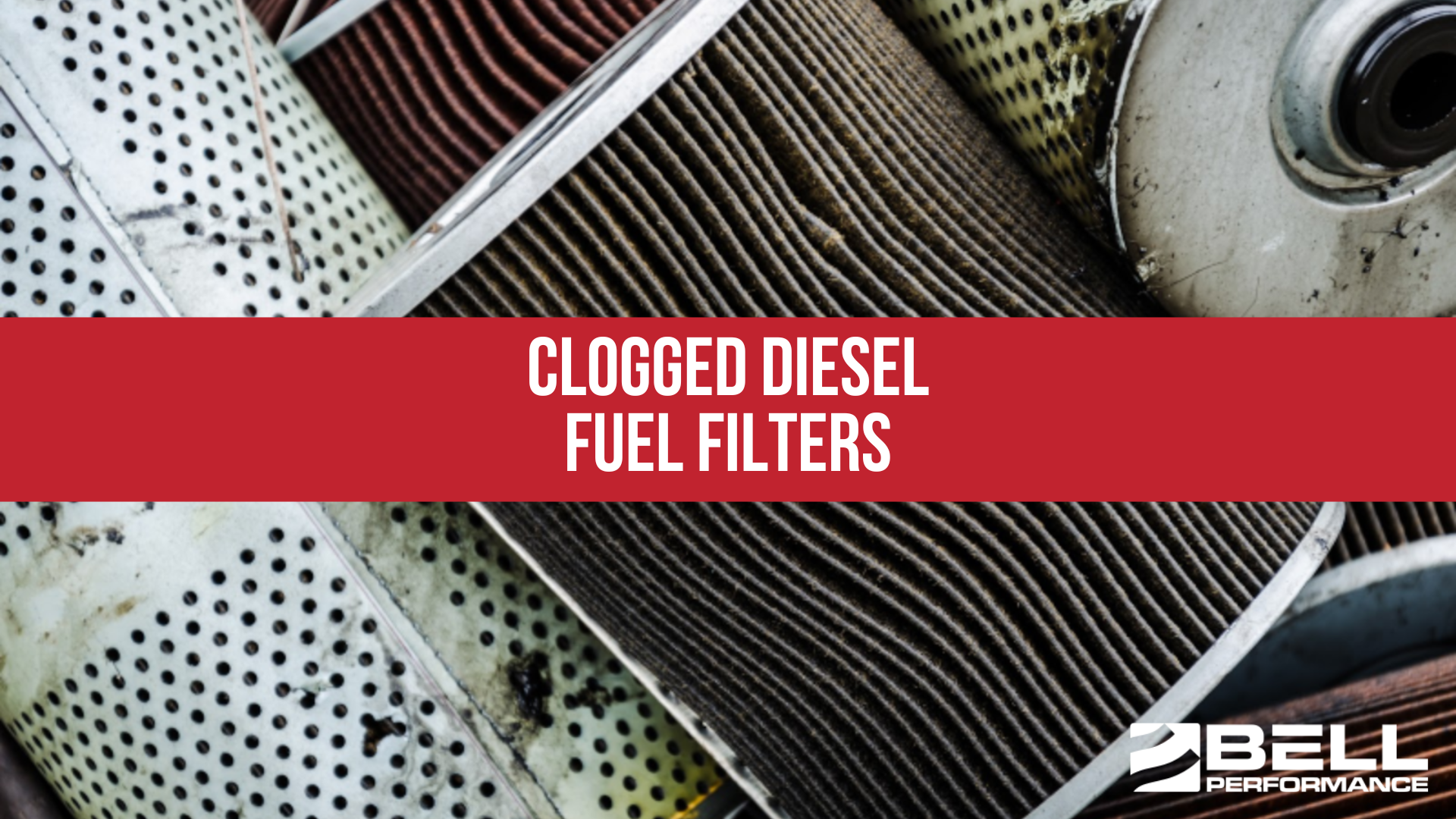Diesel Fuel Filtration Considerations
Today's advanced common rail diesel engines rely on their diesel fuel filtration system to make sure they can do their job to their peak performance....

Lots of people store fuel with the assumption that it’s going to be usable on demand – to do what they need it to do, when they need it. When this assumption is made by a mission critical facility, the stakes becoming higher for getting it right.
This assumption relies on the stored fuel remaining in a usable condition. But given that few people check their stored fuel condition on a regular basis, it’s not uncommon for stored fuel condition to change for the worse without anyone knowing it.
Hence, it’s valuable to know any signs that might hint at stored fuel condition changing for the worse. And this is where filter change frequency comes in.
Facilities that store fuel and use stored fuel have established, pretty accurately, how often they need to change the filter in their fuel distribution system. The filters catch particulate, sludge, and biomass to keep those components out of the engines that burn the fuel. An essential function is to keep engines clean and working properly.
A sudden change in the frequency of filter change is a primary indicator that something has changed with the fuel or the storage tank. And it’s easy to figure out why. Filter plugging at an increased interval means the filters are catching greater amounts of filterable material, which means something is going on in the tank to cause this kind of increase.
The most common culprit here would be a sudden flourishing of microbes in the storage tank. Because microbes grow and reproduce at astoundingly fast rates, it’s not uncommon at all for tank conditions to be fine one week and for filters to be plugging left and right the next week. These filters are catching microbial biomass and microbially-induced sludge from newly-created fuel instability that normally would go straight into the engines and “foul them up”.
Recognizing a filter-plugging problem is the first step, usually followed by needing to know what to do to fix it and prevent it.
Fixing it involves several steps – killing the microbes with a fuel biocide application, plus filtering and polishing the fuel and tank to remove existing biomass, dead microbes and sludge.
An effective cleaning job here should make the problem go away. The best practice then is to combine effective storage housekeeping procedures with preventive fuel and tank chemical treatment to keep these elements maintained in the desired condition.
This second step is important, as it is the key to keeping the problem from coming back. Without a fuel PM program that incorporates this, there’s nothing to keep the problem from coming back in the future. And nothing to keep it coming back worse than before.
Knowledge is also key to prevention. Knowing the normal filter change intervals is a key piece of knowledge. You can also know the ongoing state of the fuel inside the system through periodic fuel testing. In fact, this is the only way to have a high degree of certainty.
If all of this sounds a little involved, it’s good to know that there are high-quality fuel treatment and polishing partners that offer one-stop-shop services. Partnering with one of them can help you achieve best practices with a minimum of added headaches and expense, while minimizing these pains from coming back in the future.
Today's advanced common rail diesel engines rely on their diesel fuel filtration system to make sure they can do their job to their peak performance....

Clogged diesel fuel filters are one of those canary-in-the-coal-mine problems. Filters don't clog by themselves. On a simple level, if the fuel...
Back in 2017, Bell Performance did a webinar on an important issue that we thought was important to share it with our blog readers: corrosion in...